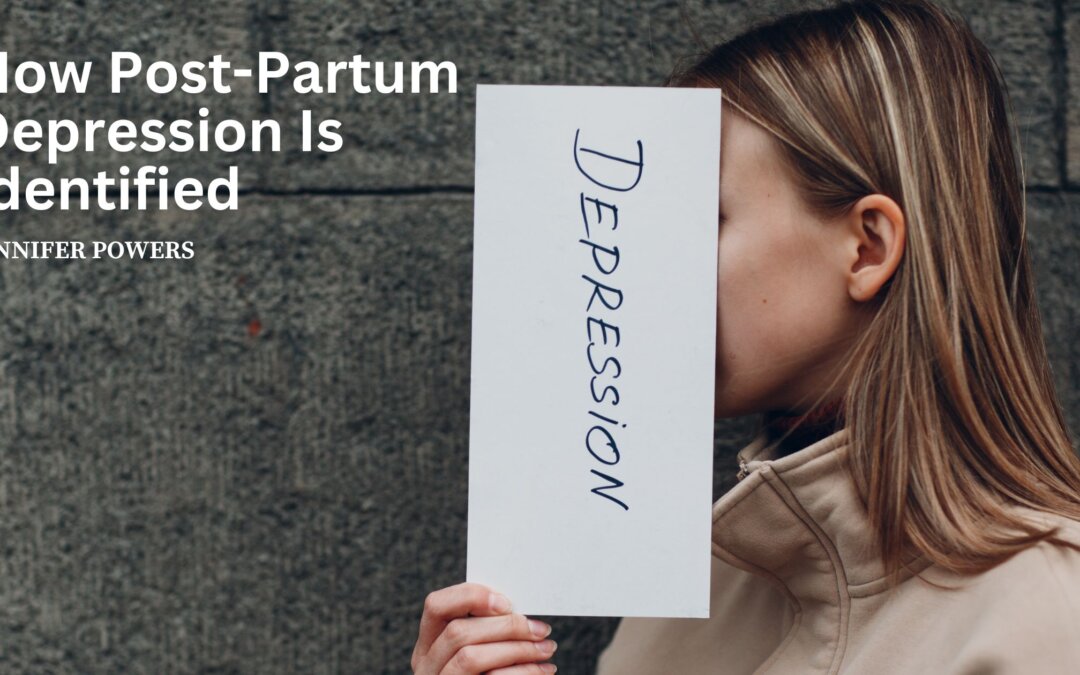Postpartum depression (PPD) is a complex and challenging condition that affects some women after childbirth. It is crucial to identify and address postpartum depression early to ensure the well-being of both the mother and the newborn. Identifying postpartum depression involves recognizing various emotional, physical, and behavioral signs. Here are key aspects of how postpartum depression is identified:
Emotional Signs:
One of the primary indicators of postpartum depression is a persistent and intense experience of negative emotions. Mothers may feel overwhelming sadness, despair, or a sense of emptiness. They might also struggle with persistent feelings of guilt, worthlessness, or inadequacy in their role as a parent.
Sleep Disturbances:
Sleep disturbances are common in new mothers, but persistent and severe disruptions beyond the typical challenges of caring for a newborn may indicate postpartum depression. Insomnia, difficulty falling or staying asleep, or excessive sleeping can all be signs of an underlying mental health concern.
Changes in Appetite:
Significant changes in appetite can be indicative of postpartum depression. These changes may be linked to emotional distress and contribute to physical symptoms such as fatigue and changes in weight.
Fatigue and Loss of Energy:
While fatigue is expected in the early weeks of motherhood, persistent and overwhelming exhaustion that does not improve with rest may be a symptom of postpartum depression. A loss of energy can impact a mother’s ability to engage in daily activities and care for herself and her baby.
Difficulty Bonding with the Baby:
Mothers with postpartum depression may experience challenges in forming a strong emotional bond with their newborns. They may feel disconnected, disinterested, or overwhelmed by parenting responsibilities.
Physical Symptoms:
Postpartum depression can manifest in physical symptoms such as headaches, stomachaches, and muscle pain. These symptoms may not have an apparent physical cause and can be linked to the emotional distress associated with postpartum depression.
Persistent Irritability:
While mood swings are common after childbirth, persistent irritability and anger that interfere with daily functioning and relationships may be a sign of postpartum depression.
Intrusive Thoughts:
In some cases, mothers experiencing postpartum depression may have intrusive and distressing thoughts related to harming themselves or their baby. I
Identifying Postpartum Depression: Seeking Professional Help:
If a mother or her loved ones observe signs of postpartum depression, seeking professional help is essential. Routine postpartum check-ups allow healthcare providers to assess a mother’s emotional well-being and address concerns.
Postpartum depression is a treatable condition, and early identification is key to effective intervention. Mental health professionals may use standardized screening tools to assess symptoms, and a comprehensive evaluation may involve discussions about the mother’s thoughts, feelings, and experiences.
It’s essential for mothers, their partners, and support networks to be aware of the signs of postpartum depression and to prioritize seeking help when needed. A supportive and understanding environment, coupled with professional intervention, can significantly contribute to the recovery and well-being of mothers experiencing postpartum depression.
